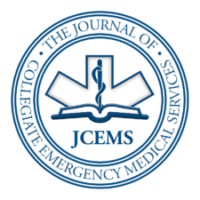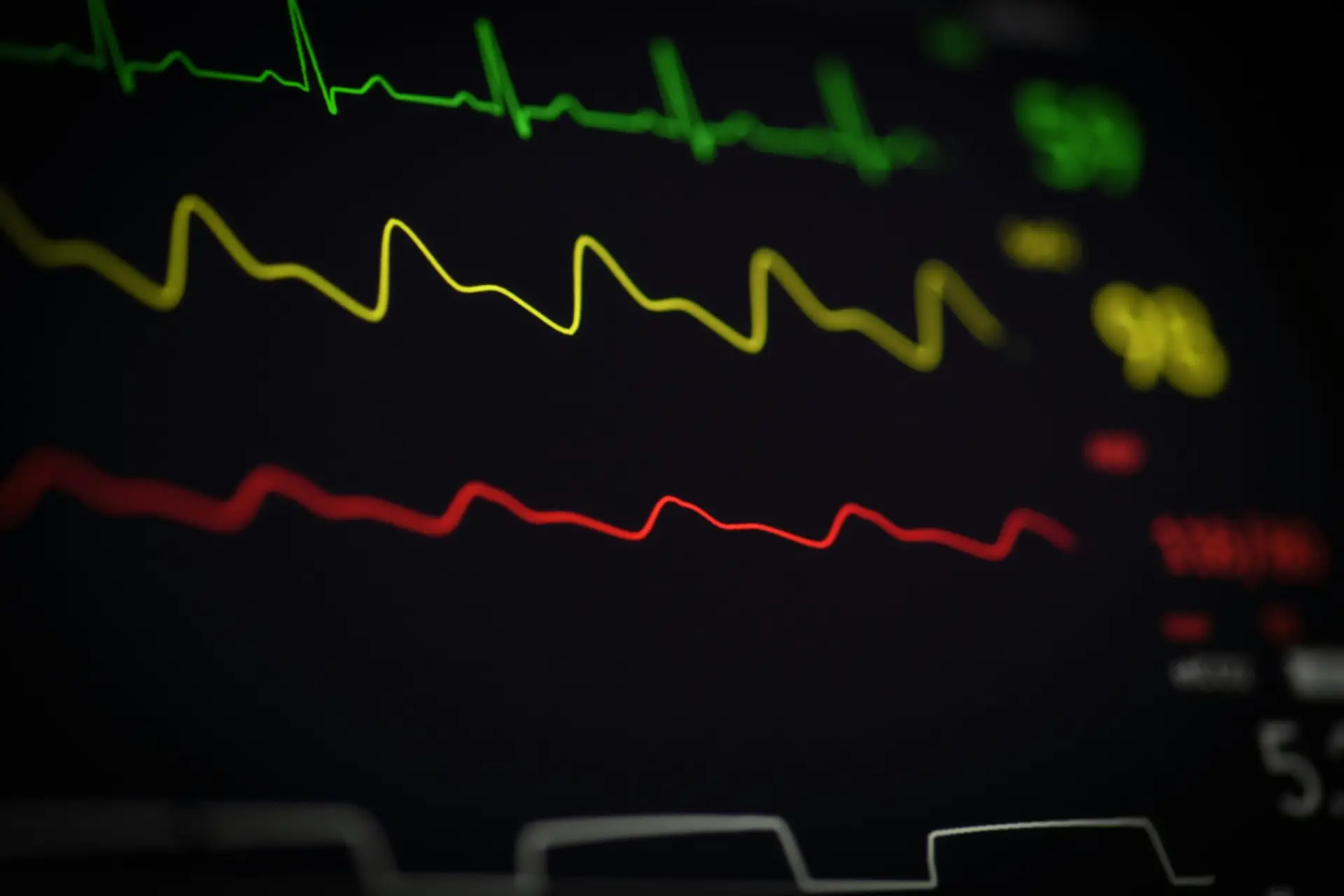Home Open Access
Open Access
Commitment to Open Access Scholarship
 JCEMS is committed to freely disseminating research and other scholarly work to the collegiate EMS community and the public. All JCEMS articles and other content are therefore published open access at CollegeEMS.com, which means that all content is freely available to the public. Open access publication ensures that content reaches the widest audience and has the greatest impact. Authors and readers can access, share, print, and distribute JCEMS content for free, provided the authors and JCEMS are appropriately cited.
JCEMS is committed to freely disseminating research and other scholarly work to the collegiate EMS community and the public. All JCEMS articles and other content are therefore published open access at CollegeEMS.com, which means that all content is freely available to the public. Open access publication ensures that content reaches the widest audience and has the greatest impact. Authors and readers can access, share, print, and distribute JCEMS content for free, provided the authors and JCEMS are appropriately cited.We have waived our article processing charge (APC) to remove all barriers for JCEMS authors to publish open access. Unlike most open access journals, JCEMS does not charge authors to submit or publish articles.
License & Copyright
All articles published in print or online versions of JCEMS are published under the Creative Commons Attribution 4.0 International (CC BY 4.0) License. This license promotes open access dissemination of all content published in JCEMS. By submitting to JCEMS, authors agree to retain their copyright and have the CC BY 4.0 license applied to their work. The full license is available at: https://creativecommons.org/licenses/by/4.0/.
In brief, anyone is allowed to reuse a JCEMS article –in part or in full – for any legal purposes, including for commercial uses. Anyone may copy, redistribute, or adapt the work provided (1) the author and the original source (JCEMS) are appropriately cited, (2) a link to the CC BY 4.0 license is provided, (3) any changes are indicated, and (4) legal terms or technological measures that restrict the terms of the CC BY 4.0 license are not applied. Provided all terms of the license are followed, the freedoms associated with the CC BY 4.0 license cannot be revoked.





